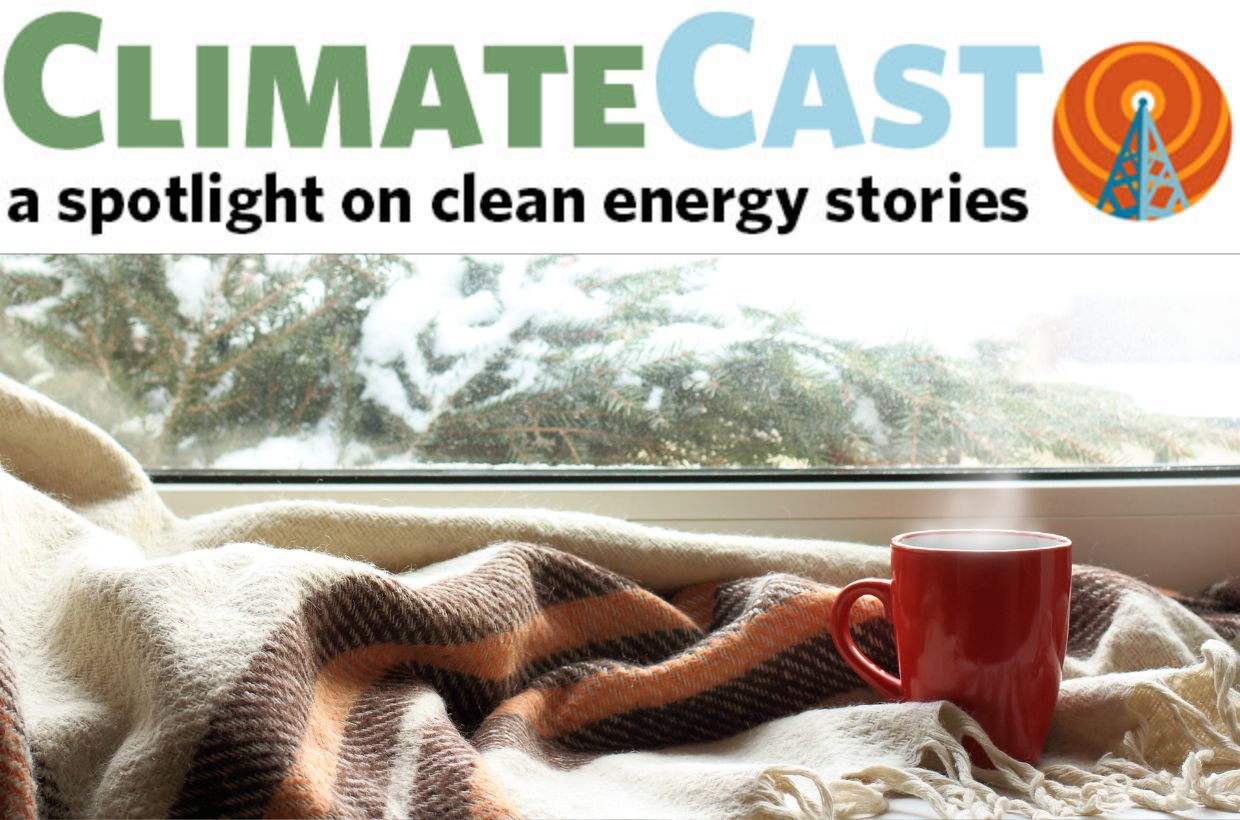
Heating and powering our homes and businesses generates a lot of our climate-changing pollution; our built environment is a major contributor to global warming. If our homes and buildings were carbon-free and energy efficient, we would significantly reduce our climate pollution, drastically cut energy costs for owners and renters, and improve air quality where we live and work.
For example, in both Oregon and Washington State, climate-worsening pollution from buildings are growing at a faster rate than any other source, with this increase largely attributable to the use of fossil gas in homes and buildings. Burning fossil gas in homes and buildings is not only a significant contributor to climate change, but also poses significant health risks for our communities, children, and other vulnerable populations.
Indoor air quality issues are particularly concentrated for low-income residents in smaller units with poor ventilation. Communities of color are already disproportionately impacted by outdoor air pollution, and should not continue to be disproportionately harmed by poor indoor air quality as well. Gas appliances also worsen our outdoor air quality. For example, California’s residential appliances releasing more than two times as many NOx emissions as all of their gas power plants combined, and commercial gas appliances releasing just as much NOx pollution as all of California’s cars.
States and many cities in the region and around the country are increasingly looking at ensuring all new buildings are electric as a key cost-effective pathway for achieving their local or state greenhouse emissions goals. Electrifying buildings is critical to addressing climate change, but it is also achievable, affordable, safe, and creates a more resilient energy system.
We are working with lawmakers and community partners to move rapidly toward electrifying our buildings for heating, cooling and cooking. We can also construct homes and buildings that get all their energy from sustainable sources, and even produce as much energy as they use — net zero energy buildings.
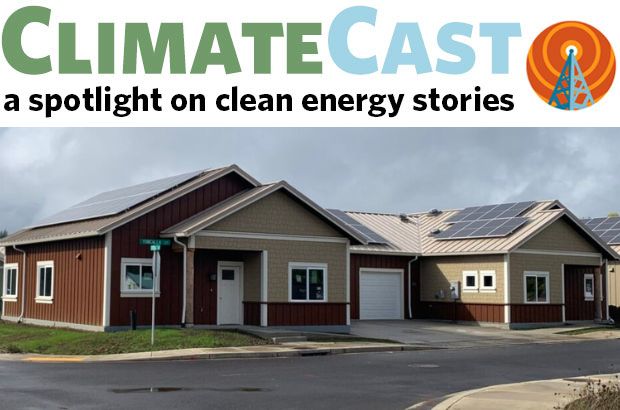
Getting renters in on the heat pump revolution
Did you know that 24 of Oregon's most advanced, energy-efficient homes are located in Grand Ronde? But how do we get these benefits into the hands of more renters across the region?
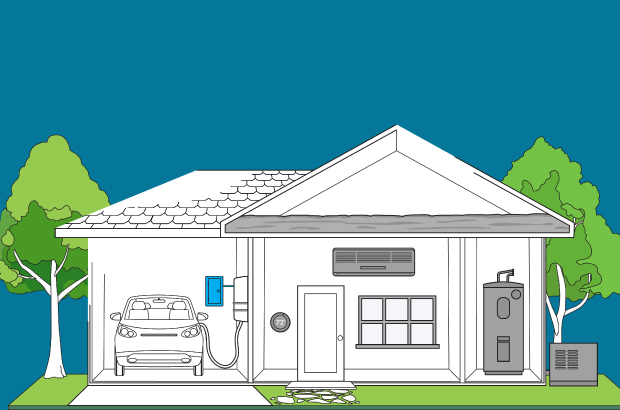
Deepening WA's clean energy commitment
How a lesser known bill moving through WA's 2024 legislative session will double down on clean energy by putting people first
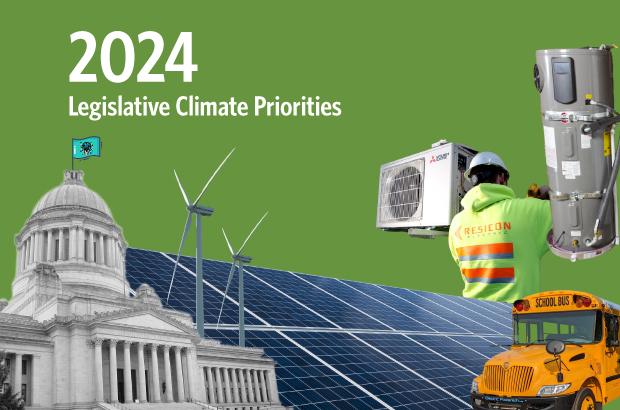
Climate is our priority: Washington legislative mid-session update
Nearly at the midpoint of Washington's 2024 legislative session, legislators are taking action on some of the state's top climate priorities. Here's where more pressure is needed as the session continues.
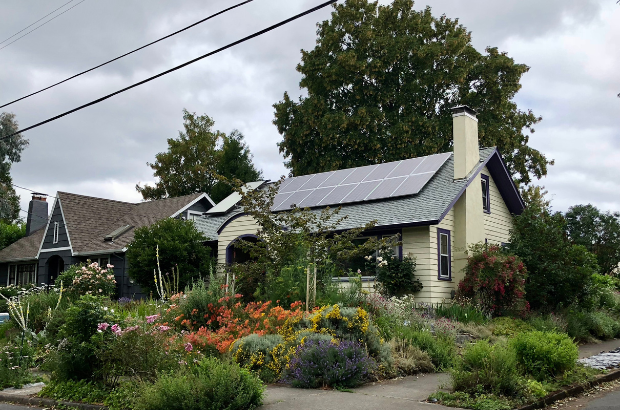
Urge Your Legislators to Invest in Healthy Homes
The Oregon legislature kicked off another legislative session this week with a top focus on addressing the state’s housing challenges. Solving Oregon’s housing crisis is about more than just building new housing. It’s about reducing the cost of essential home repairs and energy efficiency so that low-income families can affordably live in the homes they already have.

Washington Legislates: Our Climate Priorities for 2024
The Washington State Legislature has begun its short session. Climate priorities include Climate Commitment Act investments, supporting healthy environments for students and families with electric school buses and clean buildings, and holding the oil industry accountable.

HUGE win for climate-friendly buildings in WA
On December 12th, the Seattle City Council voted unanimously to pass a landmark climate policy to transition large multi-family and commercial buildings away from fossil fuels to clean electricity.

COP28 convenes in Dubai — with fractional results
Just a year ago, fossil fuel companies complained they felt unwelcome at COP27; at this year’s COP28 international climate conference, OPEC has its own pavilion.
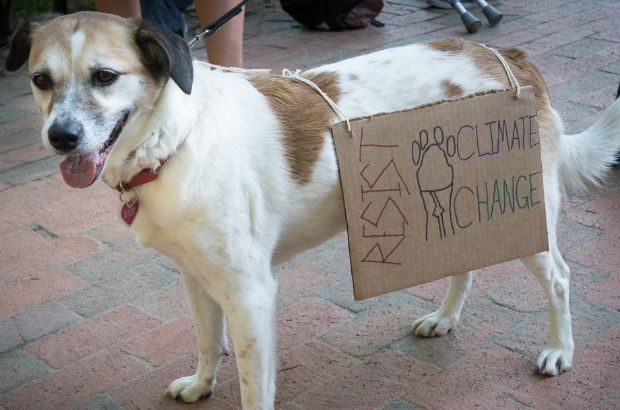
Events happening in our Oregon Community!
I wanted to mention a few events coming up from other climate and environmental organizations across Oregon.

Oregon’s Climate Wins in the 2023 Legislative Session
We saw success despite a challenging legislative environment that included a minority of Senators leading the longest walkout in Oregon’s history. Because the legislative calendar was down to the wire, many climate and clean energy bills were combined into two omnibus bills...
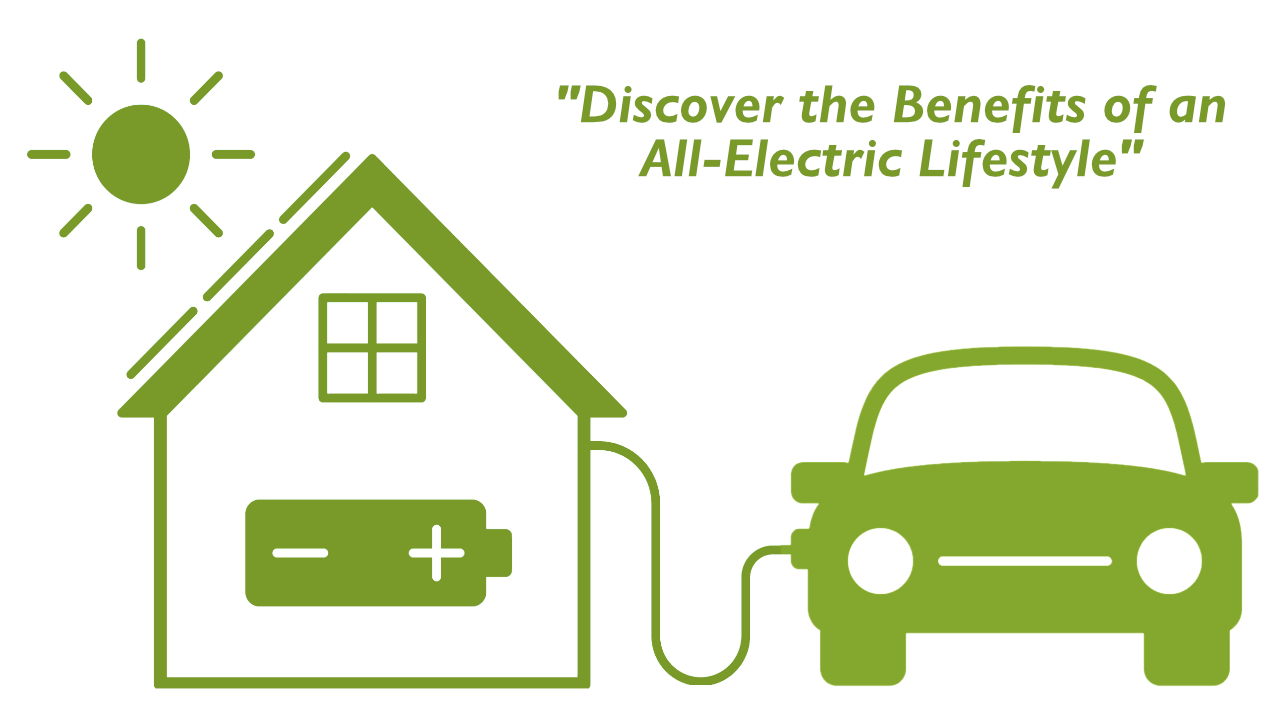
Lake Oswego Fair focuses on benefits of an all-electric lifestyle
The Lake Oswego Sustainability Network (LOSN) is hosting its annual Electric Home and Vehicle Fair on Saturday, September 23.
